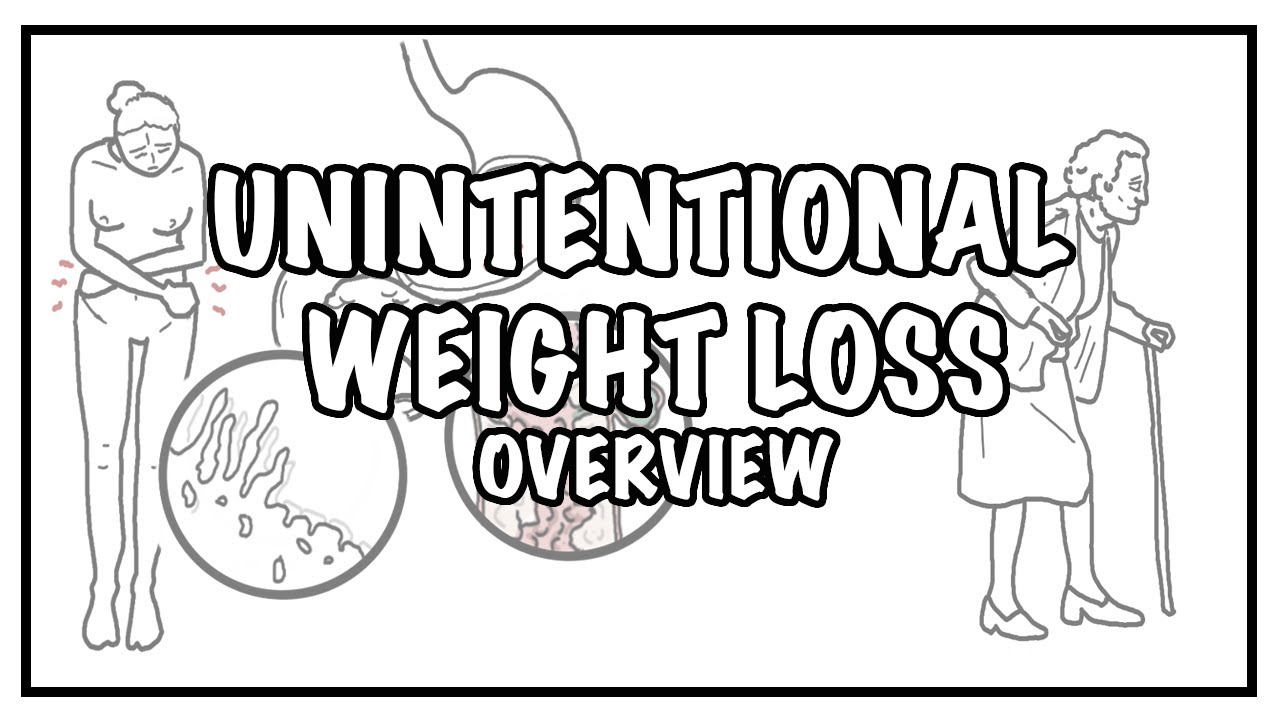Did you know that unintentional weight loss is one of the most common health problems among the elderly? In fact, it’s estimated that about 30% of all elderly people experience some degree of unintentional weight loss. This can be a serious problem, leading to malnutrition and other health complications. In this blog post, we will discuss the causes of unintentional weight loss in the elderly and provide tips on how to prevent it.
Causes of Unintentional Weight Loss in the Elderly
There are many potential causes of unintentional weight loss in the elderly. One common cause is an underlying health condition, such as cancer, diabetes, various types Of Vasculitis, or Alzheimer’s disease. Other potential causes include medications with weight loss as a side effect, poor nutrition, and social isolation. In many cases, the cause of weight loss is multifactorial, meaning there are multiple contributing factors. This can make it difficult to pinpoint the exact cause and complicate treatment. According to Healthcreeds, any of these factors would lead to frailty and higher mortality. Unintentional weight loss is a serious problem in the elderly, so it is important to seek medical attention if you or a loved one experiences this symptom. With prompt diagnosis and treatment, many cases of weight loss can be successfully managed.
Other common causes of unintentional weight loss would include
- -cancer
- -depression
- -thyroid problems
- -medications
Tips to Prevent Unintentional Weight Loss in the Elderly
You can do several things to help prevent unintentional weight loss in the elderly. Some of the most important include:
- -Make sure they are eating a balanced diet with plenty of protein, fruits, and vegetables
- -Ensuring they are getting enough physical activity
- -Checking that they are taking all of their medications as prescribed
- -Encouraging them to stay socially active
- -Monitoring their weight and eating habits regularly
- -Seeking medical attention if they experience any sudden weight loss or other concerning symptoms.
How to track weight and nutrition in an older person:
There are a few ways to track weight and nutrition in an older person. One is to weigh them regularly (at least once a month) and keep track of their weight loss over time. Another is to measure their height, weight, and waist circumference regularly. This can help you determine if they are losing muscle mass as well as body fat.
A general rule of thumb is that if they lose 5% of their original weight within 6 months, it is time to consult a doctor.
You can also use a food diary to help track their dietary intake. This will allow you to see if they are getting enough of the right nutrients and whether there are any specific foods that they are not eating enough of or that they should avoid.
Other major red flags would include sudden loss of appetite and a decrease in mobility and strength.
How To Treat Unintentional Weight Loss in the Elderly?
A more holistic approach that takes into account all of the person’s unique circumstances is often more successful in restoring weight and improving health. This may include changes in diet, exercise, or medication regimens and interventions to address any underlying social issues that might be contributing to the weight loss.
Unfortunately, it’s common for many doctors to quickly turn to prescribe high-calorie supplements or even prescription appetite stimulants. While these supplements can be helpful in some cases, they are not a cure-all and often don’t address the underlying causes of weight loss.
Working with a team of healthcare professionals who have experience in treating elderly patients is often the best way to ensure that all of the potential causes of weight loss are considered and addressed.
Conclusion
Unintentional weight loss is a serious problem in the elderly population, and it is important to seek medical attention if you or a loved one experiences this symptom. With prompt diagnosis and treatment, many cases of weight loss can be successfully managed. You can do several things to help prevent unintentional weight loss in the elderly, including making sure they are eating a balanced diet, getting enough physical activity, and taking all of their medications as prescribed. It is also important to seek medical attention if they experience any sudden weight loss or other concerning symptoms. By tracking weight and nutrition regularly and using a holistic approach to treatment, you can help ensure that your loved one maintains their health and quality of life.

